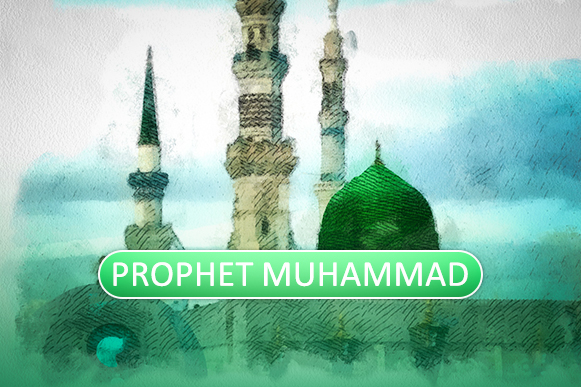The power structure formed by the Prophet Muhammad (PBUH) was based on public participation.

In the power structure the Prophet Muhammad (PBUH) formed, he encouraged public participation and in doing so, positioned people based on their capabilities. There was no gap between the people and the leader. Superiority of race or segregation is not only eliminated and void in the eyes of Islam, but the equality of man is an absolute reality in Islam. Islam says that all human beings are equal, all are from one father and one mother, and are members of one family—so from the aspect of nobility, origin and connections, they are equal partners. No one is better than anyone else, except in purity and devotion to God.
The Quran says:
O’ mankind, We have created you from a male and a female, and made you into races and tribes so that you may know one another. Surely the noblest among you in the sight of Allah is the most God-fearing of you. Allah is All-Knowing, All-aware. (Quran 49:13)
Prophet Muhammad (PBUH) encouraged people according to their individual talents and capacities to have strong participation in solving problems and forming a life system. The Prophet (PBUH) would never impose anything on anyone. The second measure he took was to build Masjids, places used by Muslims to gather five times a day.
They were also bases for their religious leaders and as areas for congregation. Muslims would consult together about various issues and made life decisions. The Masjid was also a place where judgments were made by the Prophet (PBUH) regarding the conflicts between Muslims. Compassion and sincerity, which had been established under the protection of Islam, could be clearly seen in the teamwork practiced by the community whilst working alongside each other to build a Masjid.
Source: en.shafaqna.com

